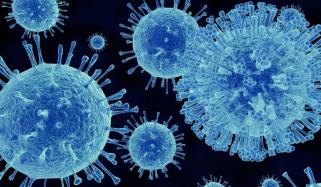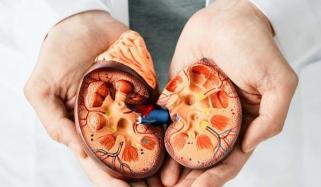
Researchers at Umeå University, Sweden, have discovered the reason behind the immune responses in women and men when they get infected with COVID.
“Although the total number of cases of diagnosed COVID-19 is similar for men and women, men are three times more likely to need intensive care," Infectious disease physician and senior lecturer at the Department of Clinical Microbiology at Umeå University Johan Normark stated.
"Our study contributes to understanding how this sex-related difference in severe COVID-19 arises,” Normark added.
COVID-19 is a respiratory tract infection caused by the SARS-CoV-2 virus. The disease was initially identified during the coronavirus outbreak in Wuhan, China, in December 2019. The rapid, global spread led to the COVID-19 pandemic.
Why men more are more affected from severe COVID-19?
At least a third of those infected individuals remain asymptomatic. Of those who do, 80 percent experience mild symptoms and 20 percent face severe complications. A little proportion of these become severely ill and need intensive care.
The severe response to COVID-19 may lead to tissue damage and, in the worst case, death. Part of the immune response to COVID-19 is the activation of white blood cells, known as neutrophils.
Their activation occurs mainly through the secretion of the immune system indicating molecules, called cytokines.
The actual reason behind why men are at risk of becoming more seriously ill with COVID-19 remains unknown.
A translational research project led by Professor Constantin Urban at Umeå University assessed blood samples from over 200 Swedish COVID-19 patients to probe immune responses.
The research revealed that patients with severe COVID-19 had increased levels of cytokines and markers signalling neutrophil activation, especially in men.
Notably, the inflammatory cytokine IL-18 and neutrophil activation were increased in men than women, suggesting sex-dependent immune responses.
Since excessive neutrophil activation can aggravate lung damage, the findings are essential to find developing treatments to lower their response in severe cases.
Furthermore, the research highlights the role of immune system in viral infections and the importance of understanding sex-based differences
However, future studies are required to explore the molecular mechanisms behind these differences and validate the results in larger groups.















